🔥 5 Spicy Secrets to a Perfect Vietnamese Beef Stew (Phở Kho) – No Passport Needed!
You’ve probably heard of Pho — Vietnam’s beloved noodle soup that has conquered palates across the globe. But what if we told you there’s another, less-famous cousin in the Vietnamese spice family that deserves your attention? Enter: Phở Kho, or Vietnamese Beef Stew.
In this blog post, we’re spicing things up with five essential secrets to making the most delicious Vietnamese beef stew right at home — no fancy kitchen gadgets or culinary school diploma required.
📖 Table of Contents
- What is Vietnamese Beef Stew?
- Secret #1: The Spice Trio That Makes It Sing
- Secret #2: Browning is Your Best Friend
- Secret #3: Don’t Rush the Simmer
- Secret #4: Toasted Noodles & Fried Eggs — The Unexpected Power Couple
- Secret #5: Garnish Like a Local
- Full Vietnamese Beef Stew Recipe
- Frequently Asked Questions
- Conclusion: Why This Stew Deserves a Spot on Your Dinner Table
🍲 What Is Vietnamese Beef Stew Anyway?
Known locally as Phở Kho, this dish is like the love child between traditional pho and French-style stewing techniques. While it doesn’t get as much international airplay as its soupy sibling, it's rich, aromatic, and deeply flavorful — perfect for cozy nights or impressing dinner guests with your global spice knowledge.
The word “kho” means “stewed” in Vietnamese, and this preparation method allows the spices and meat to really meld together into something magical. Think of it as slow-cooked comfort food with a Southeast Asian twist.

✨ Secret #1: The Spice Trio That Makes It Sing
No great stew was ever made without the right spices. Here are the holy trinity for Vietnamese beef stew:
- Star Anise: The sweet, licorice-like flavor adds depth.
- Cloves: A little goes a long way. Just two whole cloves can perfume an entire pot.
- Coriander Seeds: Toasted and lightly crushed for a warm, earthy note.
Pro Tip: Tie these in a cheesecloth pouch so they're easy to remove later, and toast them lightly before adding to release their full aroma.
| Spice | Flavor Profile | Quantity per 2 lbs beef |
|---|---|---|
| Star Anise | Sweet, licorice-like | 2–3 pods |
| Cloves | Strong, warm, slightly bitter | 2 whole |
| Coriander Seeds | Earthy, citrusy | 1 tsp (toasted & crushed) |
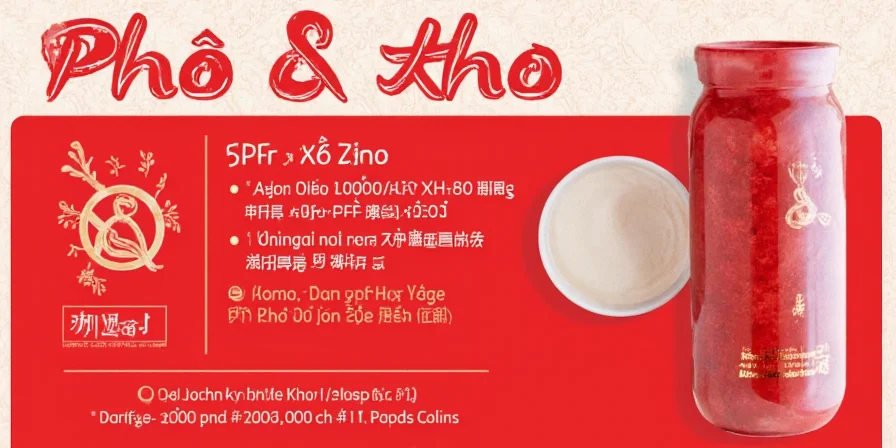
🔥 Secret #2: Browning is Your Best Friend
If you want deep, complex flavors, don’t skip the browning step! Take your time searing the beef chunks over medium-high heat until they develop a nice brown crust.
This process, known as the Maillard reaction, caramelizes proteins and sugars, creating layers of flavor you just can’t get any other way.
Pro Tip: Pat the beef dry before searing — moisture is the enemy of a good sear!
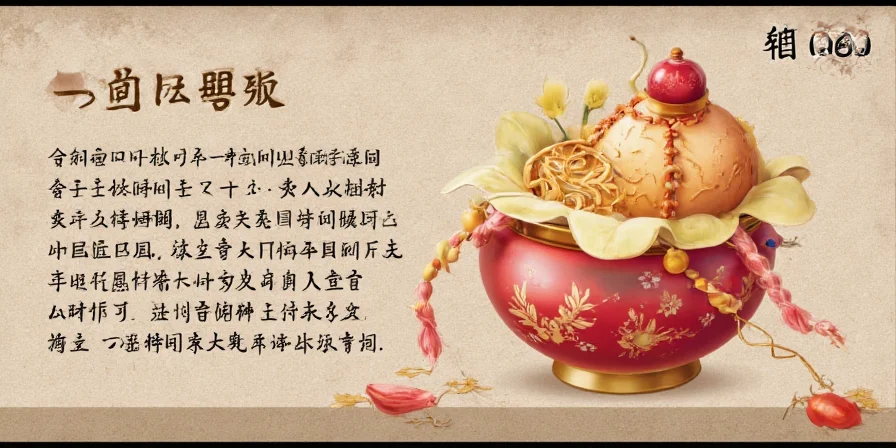
⏳ Secret #3: Don’t Rush the Simmer
This isn’t a weeknight 30-minute meal — it’s a slow dance of flavor development. Plan for at least 2–3 hours of gentle simmering on low heat.
The result? Tender, fall-apart beef infused with Vietnamese spices that have mellowed into a symphony of taste.
Pro Tip: Use a heavy-bottomed pot or Dutch oven for even heat distribution.
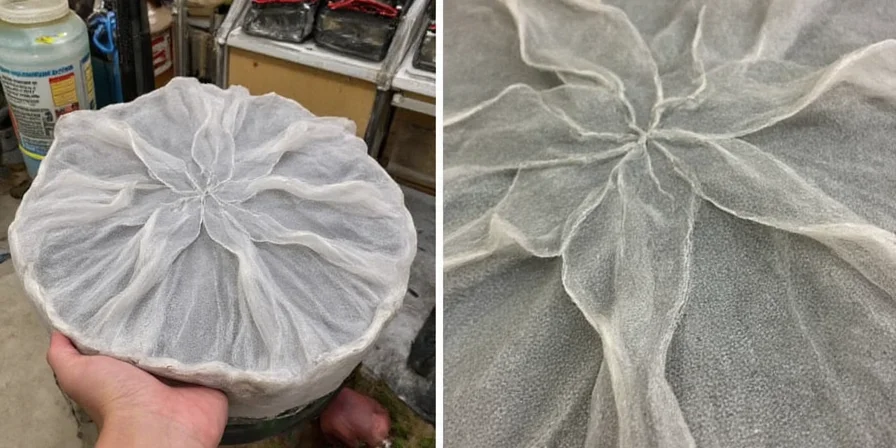
🥢 Secret #4: Toasted Noodles & Fried Eggs — The Unexpected Power Couple
Unlike regular pho, which comes with fresh rice noodles and herbs, Phở Kho often features toasted rice vermicelli and a fried egg on top. It might sound odd, but trust us — it works!
The toasted noodles add a nutty crunch, while the fried egg brings richness and acts like a soft sauce when mixed in.
| Component | Role in Dish |
|---|---|
| Toasted Rice Vermicelli | Adds texture and absorbs stew juices |
| Fried Egg | Richness booster and flavor enhancer |
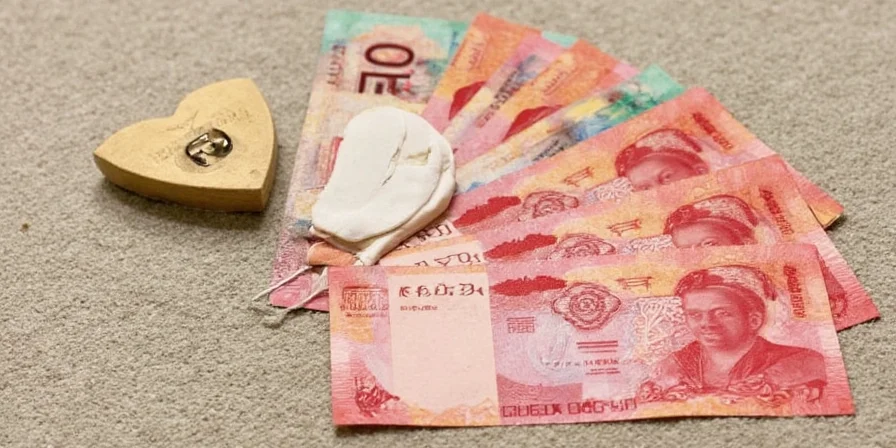
🌿 Secret #5: Garnish Like a Local
While not traditionally spicy, you can easily turn this dish into a fiery feast with some local garnishes. Try these for an authentic kick:
- Thai chilies (whole or sliced)
- Garlic chili sauce
- Lime wedges
- Fresh cilantro and green onions
Pro Tip: Set up a garnish bar so everyone can customize their bowl!
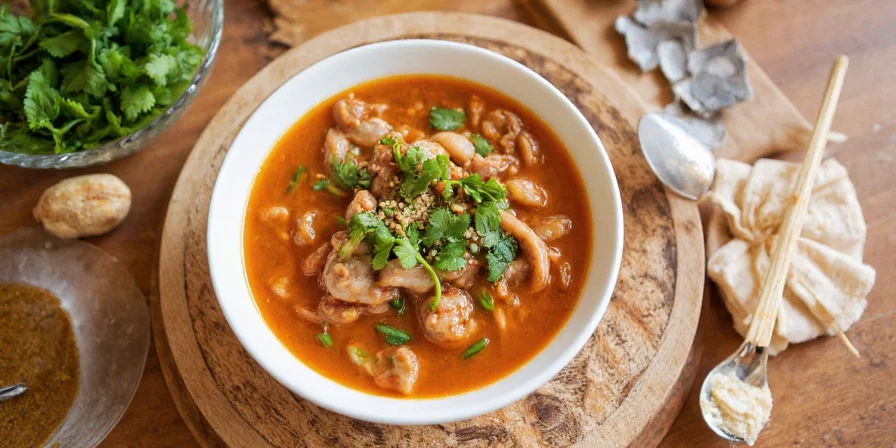
🥣 Full Vietnamese Beef Stew Recipe
Ingredients
- 2 lbs beef chuck, cut into cubes
- 1 tbsp vegetable oil
- 1 onion, quartered
- 3 garlic cloves, minced
- 2 star anise pods
- 2 whole cloves
- 1 tsp coriander seeds (toasted & crushed)
- 1 tbsp fish sauce
- 1 tsp sugar
- 2 cups beef broth
- Salt and pepper to taste
- 1 cup toasted rice vermicelli
- 1 fried egg per serving
- Garnishes: Thai chili, cilantro, lime, etc.
Instructions
- Heat oil in a large pot over medium-high heat.
- Brown the beef in batches until golden; set aside.
- Sauté onion and garlic until fragrant.
- Add spices and toast for 1 minute.
- Pour in broth, fish sauce, and sugar; return beef to the pot.
- Bring to a boil, then reduce to a gentle simmer. Cover and cook for 2–3 hours.
- Toast rice vermicelli in a dry pan until golden.
- To serve: Place noodles in a bowl, ladle stew over top, add fried egg, and garnish as desired.
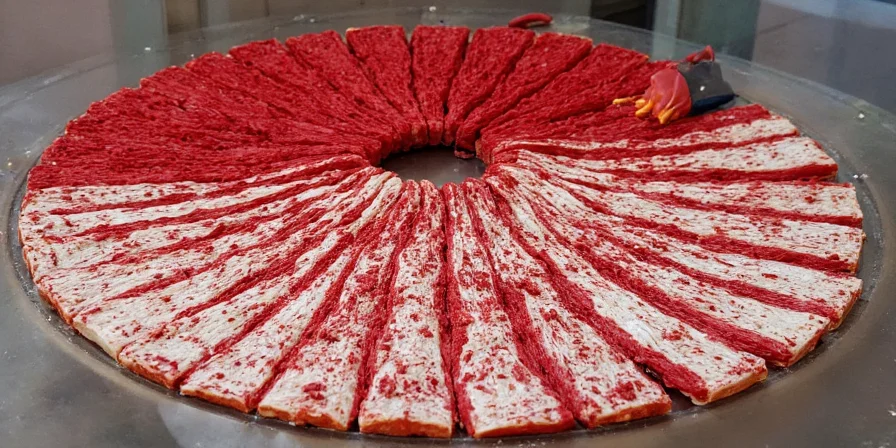
❓ Frequently Asked Questions
- Can I use a pressure cooker? Yes! Reduce cooking time to about 45 minutes under high pressure.
- Is there a vegetarian version? Absolutely! Substitute beef with mushrooms or tofu, and use soy sauce instead of fish sauce.
- Can I make this ahead of time? Yes, it actually tastes better the next day!
- How spicy is it by default? Mild. Add Thai chili slices or chili sauce to crank it up!
🎯 Conclusion: Why This Stew Deserves a Spot on Your Dinner Table
So why go through all this effort for a lesser-known dish? Because Phở Kho isn’t just a meal — it’s a window into Vietnam’s colonial past, cultural fusion, and everyday comfort cuisine.
With the right blend of spices, patience during simmering, and a few clever garnish choices, you’ll be serving a dish that tells a story, warms the soul, and earns serious culinary street cred.
Now go forth — grab those star anise pods, fire up the stove, and let the global spice journey begin on your dinner plate.

Happy Cooking!

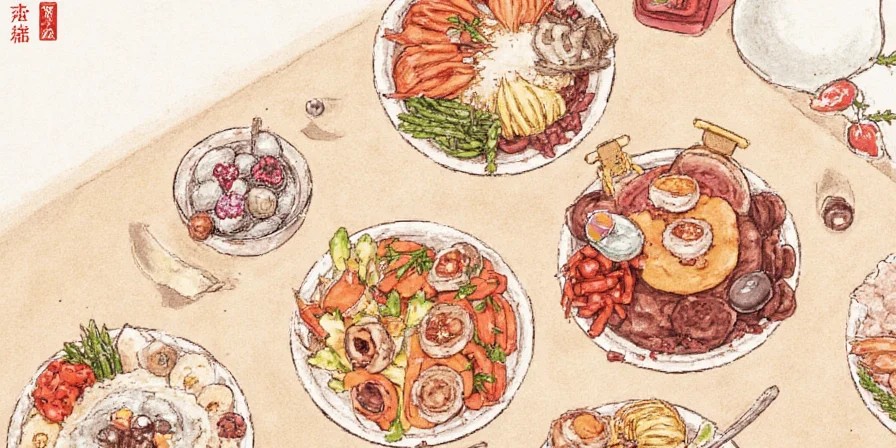









 浙公网安备
33010002000092号
浙公网安备
33010002000092号 浙B2-20120091-4
浙B2-20120091-4